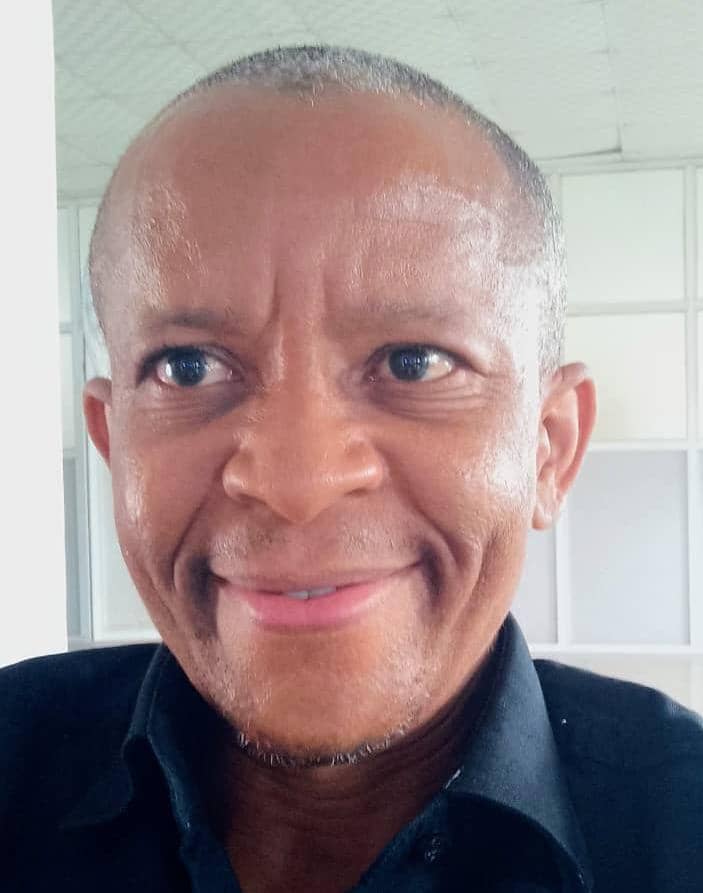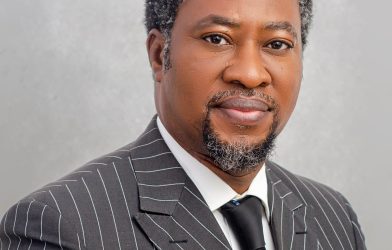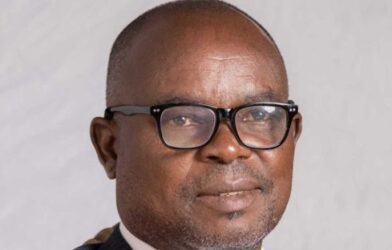As I reflect on my high school days, the figure of the principal looms large in my memory. The principal was an all-powerful entity, revered and feared in equal measure. Students would instinctively straighten their posture and comport themselves whenever the principal strolled along the veranda, eyes scanning for any signs of misbehavior. This was the norm, a testament to the authority and respect that came with the office.
The recent statement by Siminialayi Fubara, the reinstated governor of Rivers State, brings back memories of this principal-student dynamic. Speaking in Abuja, Fubara mentioned that he and his “principal” have settled their differences and are now working in peace. The choice of words is intriguing, implying a relationship where one party holds significant power and influence over the other.
In the context of Fubara’s statement, the “principal” likely refers to a figure of authority, possibly a political mentor or superior. The use of this term sparks curiosity about the nature of their relationship and the dynamics at play. Just as students in my high school days would adjust their behavior in the presence of the principal, Fubara’s words suggest a similar power imbalance in his relationship with his “principal.”
The principal-student relationship is built on a foundation of authority, respect, and sometimes fear. The principal wields significant power, shaping the environment and dictating the rules. Students, on the other hand, must navigate this landscape, adhering to expectations and avoiding repercussions.
In many ways, this dynamic mirrors the relationship between Fubara and his “principal.” The language used implies a power differential, where one party holds more influence and authority. The fact that Fubara mentions settling differences and working in peace suggests a reconciliation or renegotiation of terms, possibly after a period of tension or conflict.
The principal-student analogy can be extended further. Just as students may strive to meet the principal’s expectations to avoid trouble or gain favor, individuals in positions like Fubara’s may seek to align themselves with their “principal’s” goals and values to maintain a positive relationship. This can lead to a complex dance of power and deference, where both parties navigate their roles and responsibilities.
Fubara’s statement also raises questions about the nature of power and authority in relationships. What does it mean to have a “principal” in a professional or political context? How do these dynamics shape decision-making and outcomes?
In conclusion, the principal-student relationship serves as a compelling lens through which to examine power dynamics and authority. Simi Fubara’s statement offers a glimpse into the complex web of relationships and power structures that shape our personal and professional lives. As we reflect on these dynamics, we may gain a deeper understanding of the intricacies of power and the ways in which it is exercised and negotiated.
Emeka Monye Is A Journalist And Works With ARISE NEWS













Comments are closed